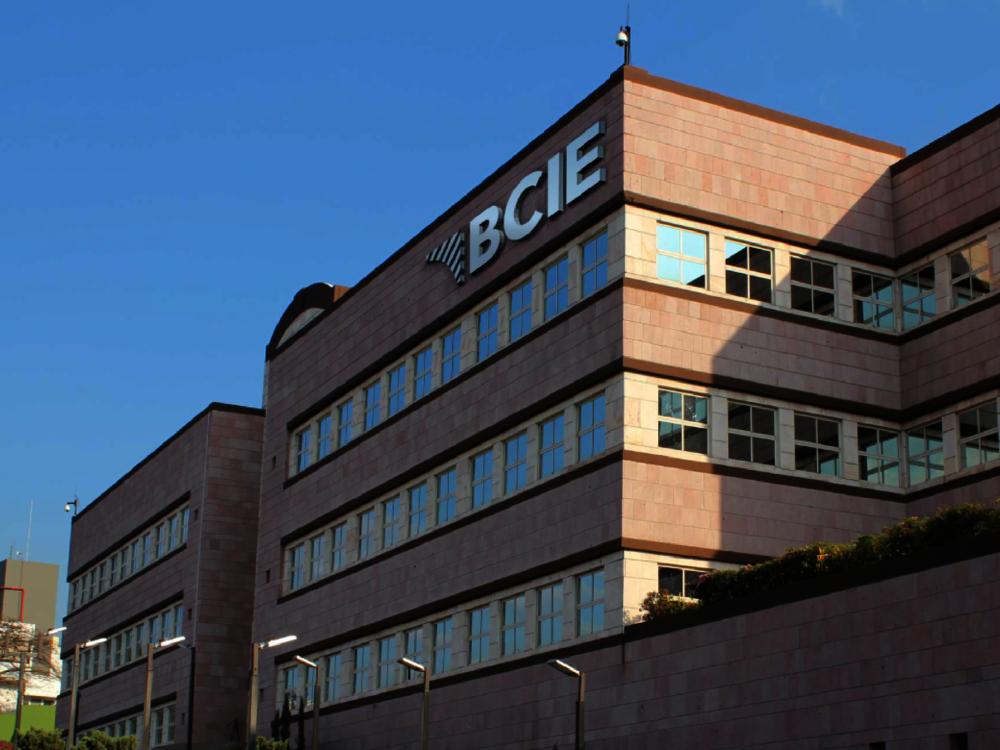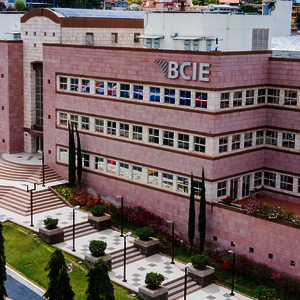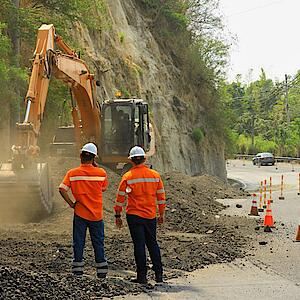CABEI to close 2021 with the best credit risk of Latin America

CABEI's high rating is based on a very strong valuation of the preferential creditor status granted by the borrowing countries, sound capital and liquidity indicators, permanent access to international capital markets and the strong support of its partners.
Tegucigalpa, December 20, 2021 - During 2021, the risk rating agencies Standard & Poor's and Moody's confirmed the rating of the Central American Bank for Economic Integration (CABEI) at "AA" and "Aa3", respectively, maintaining a stable outlook. Since 2002, CABEI has had 18 credit rating upgrades, which has made it possible for CABEI to position itself as a bank of high financial quality, with the best risk in Latin America.
In this context, Standard&Poor's emphasized that "CABEI's capital quality is high and that it has maintained sound and stable profitability indicators, and all net income is capitalized in the general reserve", in addition the rating agency underlined that it "counts on extraordinary support in the form of callable capital from the Republic of Korea (AA long-term foreign currency rating") and the Republic of China (Taiwan) (upgraded to "AA" in April 2021) for a total of US$1.1 billion."
Likewise, Standard & Poor's highlighted that CABEI's risk rating is the result of the diversification of shareholders the Bank has, as well as its expansion in the region through new capitalizations indicating that in September 2021, "CABEI's Board of Governors instructed the Board of Directors and the Administration to implement an action plan to increase the institution's authorized capital from US$7 billion to US$10 billion, in addition to the GCI8, which came into effect in 2020, indicating strong support for the institution."
For its part, rating agency Moody's indicated that "CABEI's key credit strengths include stable capital adequacy indicators and a highly diversified funding base. The bank's periodic increases in paid-in capital provide strong shock absorption capacity, while its sizable, highly liquid cash portfolio provides high short-term debt coverage. CABEI has also developed a strong presence in international capital markets, maintaining market access even during crises."
On profitability indicators, Moody's specified that "the interest margin on earning assets has averaged 2.2% over the past three years, and stood at 1.9% in 2020, up from 2.3% in 2019. CABEI's indicator compares favorably with the 1.2% ratio of Arab Petroleum Investments Corp. (APICORP, Aa2 stable) and is stronger than CAF's 0.9% in 2020."
Previously, in 2020, the Eighth Capital Increase (GCI8) was implemented, increasing the authorized capital from US$5 billion to US$7 billion, and making the entity the first Multilateral Development Bank (MDB) to implement a capitalization process in the context of the economic crisis related to the COVID-19 pandemic, which demonstrates the level of commitment, trust and support to its partner countries.
Both rating agencies emphasized that, "CABEI has played an important role in the region, especially by intensifying lending to support its members during the COVID-19 pandemic. This year the bank totaled $3.69 billion in approvals and $2.151 billion in disbursements in various programs and projects to support the countries' economic reactivation efforts in the midst of the COVID-19 pandemic.
The risk ratings are based on a combination of quantitative analysis and expert judgment by the rating agencies, which assign scores according to publicly available financial and non-financial information. Some of the factors evaluated are: capital adequacy and liquidity, profitability and asset quality, management quality, financial and risk policies, vulnerability to external factors and operating environment, business model and industry risks.
This way, CABEI ratifies its role as the sound and reliable Bank in the region, a soundness that allows it to act in a timely and effective manner to improve the quality of life of Central Americans.

![[Translate to English:] [Translate to English:]](/fileadmin/_processed_/e/3/csm_WhatsApp_Image_2024-04-18_at_2.12.23_PM__2__590ef43ade.jpeg)

